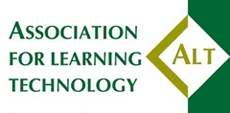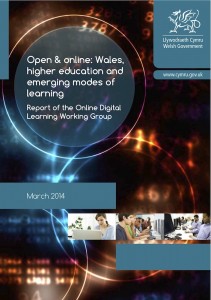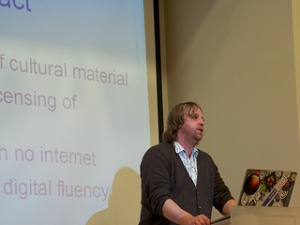I’m delighted to have been invited to Berlin later this week to give a talk at OERde14 – The Future of Free Educational Materials. I’ll be talking about a range of contrasting initiatives that have aimed to promote open education policy and practice in Scotland, England and Wales over the last five years, including the UKOER Programme, Open Scotland, OER Wales, the Welsh Open Education Declaration of Intent, the Scottish Open Education Declaration and the Opening Educational Practice in Scotland project. I’ll also be reflecting on the different approaches taken by these initiatives and asking what Germany can learn from the experiences of open education practitioners in the UK.
Abstract
The first and largest open education initiative in the UK was the UKOER Programme. Between 2009 and 2012 the Higher Education Funding Council for England (HEFCE) invested over £10 million in UKOER, and funded over 80 projects at universities throughout England. UKOER proved to be hugely successful, however only English universities were eligible to bid for funding. As a result, there was arguably less awareness of the potential benefits of open education across other sectors of UK education. That is not to say there have been no significant open education developments in other parts of the UK, simply that approaches to open education have followed different paths.
In September 2013 universities in Wales issued the Wales Open Education Declaration of Intent, which announced Welsh Universities commitment to work towards the principals of open education and in direct response, the OER Cymru project was established. In a parallel initiative, the Welsh Government established an Open Digital Learning Working Group in early 2013, which published the report Open and Online: Wales, higher education and emerging modes of learning.
Meanwhile north of the border, interest was growing around the area of Open Badges, and MOOCs had also caught the attention of Scottish Higher Education.
In order to raise awareness of open education policy and practice more widely, Cetis, SQA, Jisc RSC Scotland and the ALT Scotland SIG, came together to launch Open Scotland in early 2013. Open Scotland is an unfunded cross-sector initiative that aims to raise awareness of open education, encourage the sharing of open educational resources, and explore the potential of open policy and practice to benefit all sectors of Scottish education. Among other activities, Open Scotland launched the Scottish Open Education Declaration, based on the UNESCO Paris OER Declaration.
Open education in general, and MOOCS in particular, also caught the attention of the Scottish Government and the Scottish Funding Council, and in early 2014 the Funding Council announced a £1.3 million investment in open education. Rather than issue an open funding call similar to the UKOER programme, SFC allocated their funding to the Open University to establish the Opening Education Practices in Scotland (OEPS) project, which aims to facilitate best practice in open education in Scotland.
These diverse programmes represent just some of the open education initiatives that have emerged in the UK; they provide a wide range of exemplars that may be of interest and benefit to open education practitioners in Germany and elsewhere in Europe.






